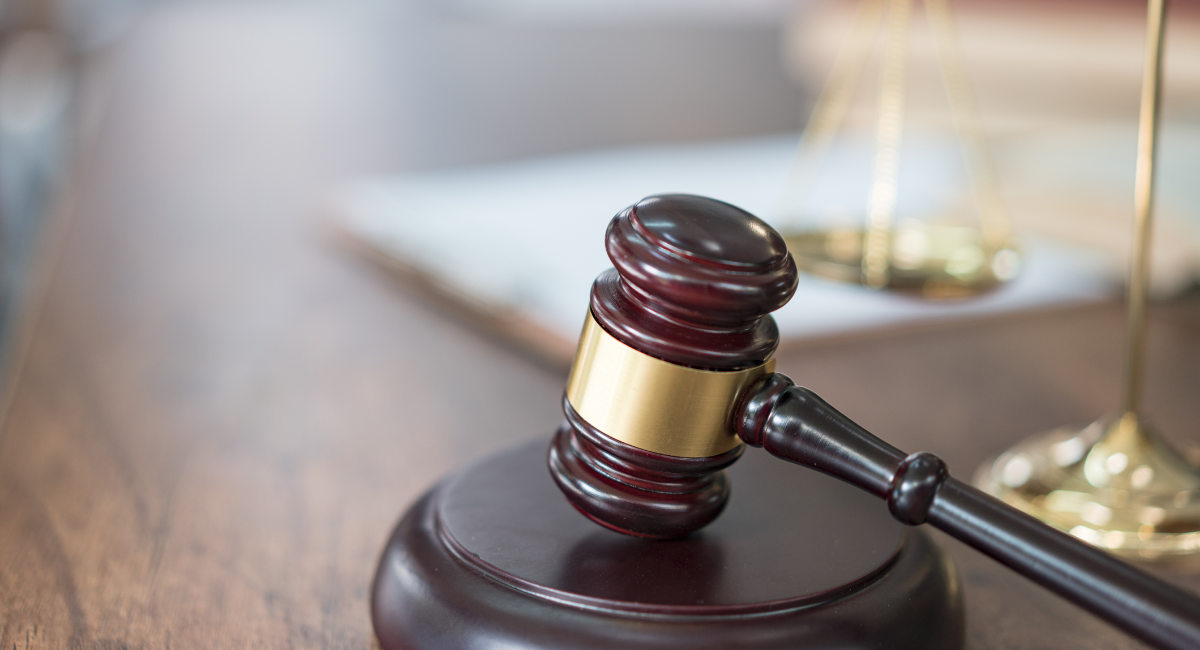A Utah judge has temporarily halted the state’s “trigger law,” which ended nearly all abortions with the overturn of Roe v. Wade on June 24. The law The temporary restraining order will put the law on hold for 14 days, meaning abortions can continue in the state within that time frame.
District Judge Andrew Stone ordered the injunction after Planned Parenthood of Utah (PPAU) and the American Civil Liberties Union of Utah filed a lawsuit challenging the state’s ban. In its suit, Planned Parenthood argues that an abortion ban violates the state’s constitution. It also notes that when the state’s ban took effect, it had to cancel more than 55 abortion appointments. With Stone’s injunction, many of those appointments may now be able to proceed.
“We are looking at to what extent the people of Utah have granted the legislature regulatory power over personal autonomy, reproductive decisions, decisions of consciousness, to what extent it disproportionately impacts women in the state,” Stone said, adding, “I think the immediate effects that will occur outweigh any policy interests of the state in stopping abortions immediately. Doctors here are threatened with felonies. The affected women are deprived of safe, local medical treatments to terminate pregnancies.”
READ: The most vulnerable human beings are now protected by ‘trigger laws’ in these states
Utah Attorney General Sean Reyes released a statement Friday saying he would be ready to defend the law if necessary. “The Supreme Court pronouncement is clear. It has returned the question of abortion to the states. And the Utah legislature has answered that question,” he said in the statement. “My office will do its duty to defend the state law against any and all potential legal challenges.”
Utah’s trigger law was passed in 2020. It prohibits abortion unless it “is necessary to avert the death” of the mother, or if there is “a serious risk of substantial and irreversible impairment of a major bodily function” (though abortion is never medically necessary). Abortion is also allowed if the pregnancy was due to rape or incest (though neither of these justify killing a preborn child), or if “two physicians who practice maternal-fetal medicine concur … that the fetus has a defect that is uniformly diagnosable and uniformly lethal,” or “has a severe brain abnormality that is uniformly diagnosable” (again, these are never reasons to kill a child in the womb). The law also defines that neither natural miscarriage or ectopic pregnancies are considered abortions.
“The Supreme Court ruling was devastating and terrifying for our patients and providers, but at least for now, Utahns will be able to get the care they need,” Karrie Galloway, president and chief executive of Planned Parenthood of Utah, said in a statement after the temporary injunction. “Today is a win, but it is only the first step in what will undoubtedly be a long and difficult fight.”
A court date is next scheduled for July 11.
“Like” Live Action News on Facebook for more pro-life news and commentary!







